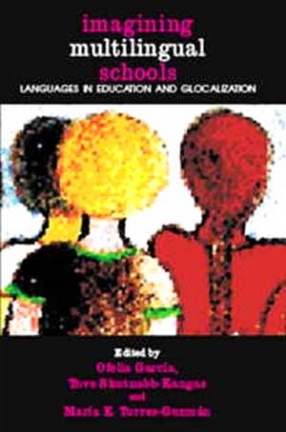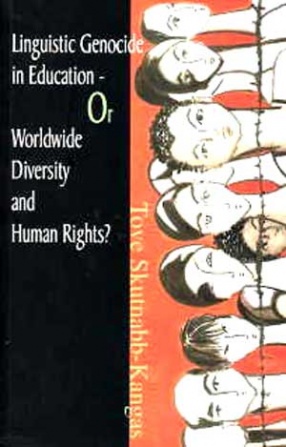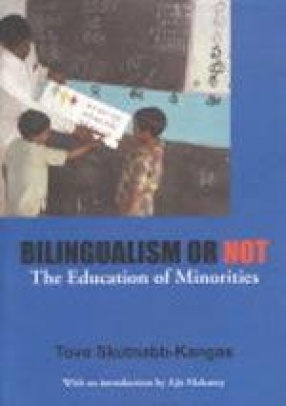
Showing all 3 books

This book brings together visions and realities of multilingual schools throughout the world to order to examine the pedagogical, socio-educational, and sociopolitical issues that impact on their development and success. The chapters describe and analyse schools with different target populations. Each contribution, written by well known scholars, affirms the desirability of multilingualism as a societal resource and as a right of individuals, whilst acknowledging ...

In this powerful multidisciplinary new book, Tove Skutnabb Kangas shows how most indigenous and minority education contributes to linguistic genocide according to United Nations definitions. Her starting point is that it is normal and desirable for people, groups, countries, and schools to be multilingual and multicultural. She brings together theoretical concerns and research areas which no other contemporary book synthesizes: linguistic human rights; minority ...

This book deals with Bilingualism, particularly as it relates to migrant minorities and indigenous peoples. People from (linguistic) minorities often have to become multilingual in order to cope in the larger society, while majority representatives may voluntarily become Bilingual. The book begins with a "purely" linguistic coverage of Bilingualism and then deals with the prerequisites and consequences of Bilingualism from the perspectives of psychology ...
